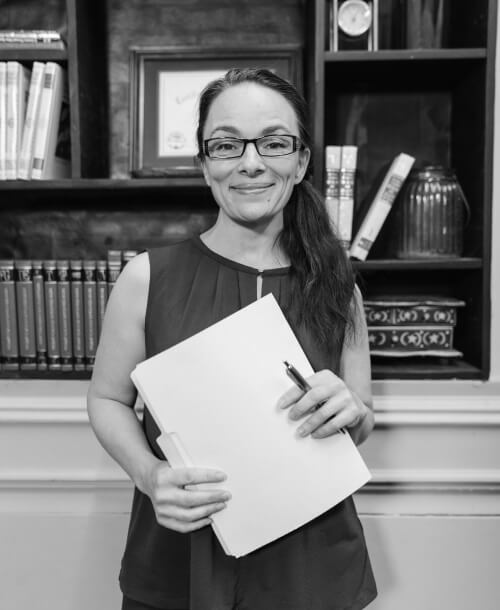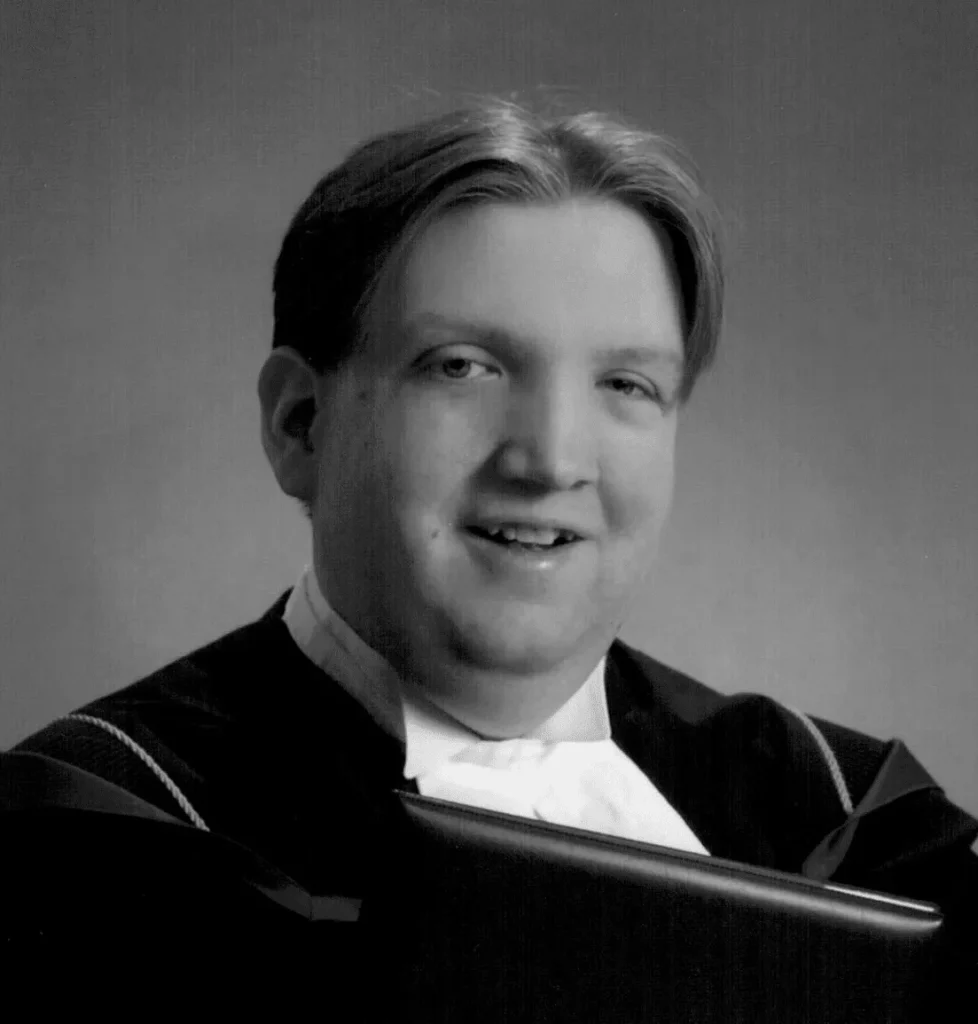Search
THE 2025 BRANDON LANGHJELM
THE 2025 BRANDON LANGHJELM
Essay Contest Coming Soon!
Details of the 2025 Essay contest will be announced on June 3.
“If liberty means anything at all, it means the right to tell people what they do not want to hear.”
― George Orwell

LAST YEAR'S CONTEST RESULTS
Meet the 2024 Winners
We are excited to announce the winners of the 2024 essay contest. With more than 370 entries, the level of thought, effort, and insight demonstrated was truly inspiring.
This year’s Essay Contest focused on two of Canada’s most controversial questions about individual rights and freedoms:
Option One: Government Regulation of Artificial Intelligence (AI)
Artificial Intelligence (AI) is revolutionizing industries from healthcare to finance, manufacturing to entertainment, art to academia. Some Canadians are concerned about the impacts AI could have on their rights and freedoms, including their security, privacy, equality, expression, and legal rights.
Question #1: Focus on one case in which AI threatens or could potentially threaten the rights or freedoms of Canadians. What role, if any, should the Canadian government play in protecting Canadians against AI in this case? Why should the government be permitted to intervene in the application of AI in this case (if at all)?
Option Two: Government Regulation of Hate Speech
Freedom of expression is protected by the Canadian Charter of Rights and Freedoms. Many Canadians think, however, that hate speech should be illegal in Canada. Canadian governments are proposing legislation that would see hate speech punished more severely. For instance, in early 2024, Minister of Justice Arif Virani introduced Bill C-63 (the Online Harms Act) in the House of Commons to create additional penalties for hate speech in Canada – up to life imprisonment.
Question #2: What is hate speech? Is it possible to arrive at a workable definition of “hate speech”? Does the government have a legitimate interest in censoring hate speech? Why or why not? Cite a case in which a Canadian government has censored hate speech. Was the censorship legitimate in that case?

First Place: Virginia Woolf
Essay Title: A Room of One’s Own (1929)
About Virginia's essay
Virginia Woolf (1882–1941) was a British modernist writer and an early feminist icon. She is best known for her novels Mrs. Dalloway, To the Lighthouse, and Orlando. A central figure in the Bloomsbury Group, she championed women’s rights and was known for her experimental literary style.
Biography
A Room of One’s Own is based on a series of lectures Woolf delivered at women’s colleges. The essay argues that women need financial independence and personal space (“a room of one’s own”) to write fiction. It challenges the gender inequality in literary history and remains a cornerstone of feminist literary criticism.

Second Place: Zadie Smith
Essay Title: Fail Better (2007)
About Zadie's essay
Zadie Smith (born 1975) is a British novelist and essayist of Jamaican and English descent. She gained fame with her debut novel White Teeth, and has since become one of the most respected voices in contemporary literature. Smith is also a professor of creative writing and frequently contributes to The New Yorker and The New York Review of Books.
Biography
Fail Better is an essay about the creative process, originally presented as a lecture at Columbia University. Smith reflects on the difficulties of writing, the concept of failure in art, and how writers grow through their imperfections. The title is drawn from Samuel Beckett’s quote: “Ever tried. Ever failed. No matter. Try again. Fail again. Fail better.”

First Place: Susan Sontag
Essay Title: Notes on ‘Camp’ (1964)
About Susan's essay
Susan Sontag (1933–2004) was an American writer, filmmaker, philosopher, and political activist. She wrote on diverse subjects including photography, illness, culture, war, and human rights. Sontag is known for her sharp intellect and bold critiques of both pop culture and high art.
Biography
Notes on ‘Camp’ is a groundbreaking essay that examines the sensibility of “camp”—an aesthetic style and sensibility that values exaggeration, artifice, and theatricality. Sontag’s work helped bring “camp” into mainstream cultural discourse and is often cited in studies of pop culture and gender.
OTHER OUTSTANDING ESSAYS
Honourable Mentions
We recognize and congratulate the following five writers for their outstanding essays, which stood out as top contenders:
- Madeleine Roberts
- Isobel Wilson
- Donald Plant
- Mili Lad
- Hasti Amirsalari
Thank you for your hard work and truly impressive essays! We celebrate your contributions and encourage you to apply again next year. We believe in the power of young voices like yours to shape a brighter future in Canada, and contests like this help refine your voice.
About Brandon Langhjelm
Despite being born with a significant disability, a connective tissue disorder called Loeys-Dietz syndrome, Brandon Langhjelm graduated with a Bachelor of Arts in History degree and later went on to obtain his law degree from the University of British Columbia.
Brandon joined the Justice Centre team in 2018 and won his most significant court case in 2020, where he challenged the decision of the City of New Westminster to cancel an ethnic church’s youth conference because the City did not like one of its speakers. Brandon made court appearances on behalf of the Justice Centre until September 2021, when he was hospitalized and diagnosed with stage four cancer. He passed away on October 25, 2021. Brandon is missed by his colleagues for his keen legal insight and objective perspective, his love of the NHL, and his compassion for vulnerable people. Brandon faced life’s greatest challenge with courage, conviction, and trust in God. The Brandon Langhjelm Essay Contest was established in 2021 in his honour.

PARTNER WITH US
Sponsor the contest
Please reach out to our development team to discuss sponsorship packages. We want to partner with you to support a generation of scholars who are passionate about freedom.